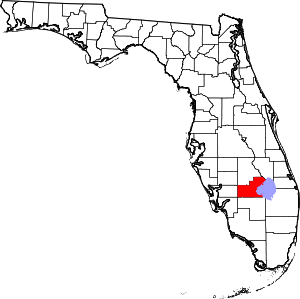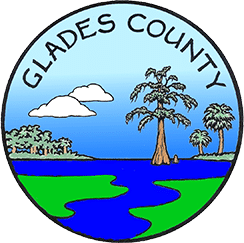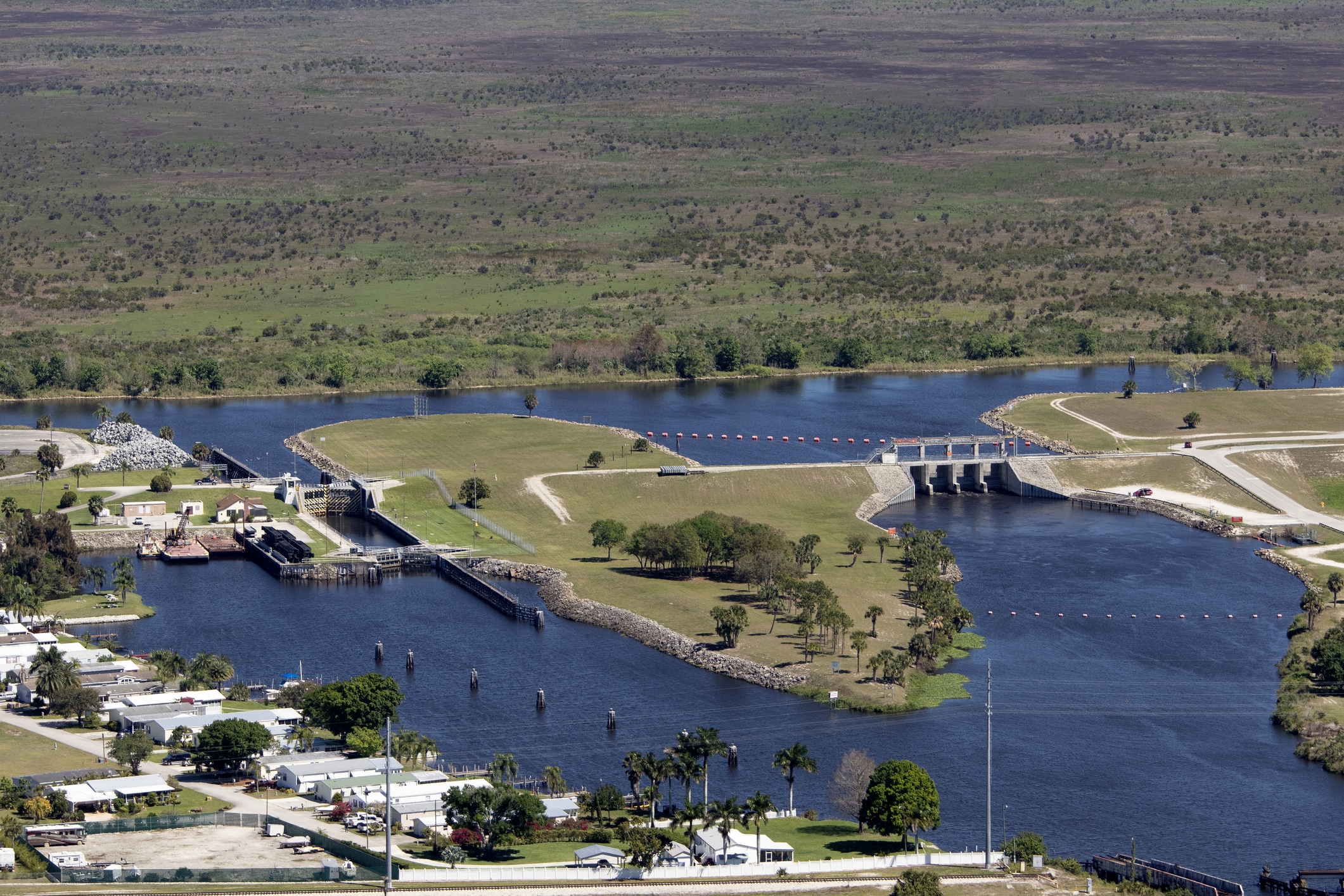Glades County Probate Process for Residents & Non-Residents

In Florida, probate is a court-supervised process in which a deceased person’s assets are identified and beneficiaries are determined. The probate process is designed to ensure that potential creditors have an opportunity to pursue claims against the estate, as well as provide a forum for identifying the correct beneficiaries to receive the decedent’s property.

Florida Probate Process
When someone passes away leaving a valid Last Will & Testament, anyone with possession of the Will must file the original document with the correct circuit court, aka probate court. The original Last Will & Testament and any probate pleadings will be filed in the county of last residence for the decedent. For example, if the decedent passed away as a resident of Moore Haven, then Glades County would be correct jurisdiction for a domiciliary probate proceeding. If there is no Last Will & Testament for the decedent, then any probate assets will be distributed according to the Florida intestacy statute, which provides a default distribution scheme for assets based on familial relationships.
In Glades County, the probate process is handled by the 20th Judicial Circuit Court. There is one courthouse location in Glades County:
- Glades Courthouse – Rt 27, 500 Avenue “J” Moore Haven, FL 33471
Probate Assets

The most relevant factor in determining if a probate is necessary, is assessing if there are any probate assets, as oppose to non-probate assets. Probate assets are those titled in the sole name of the decedent, and do not have a beneficiary designation or POD feature. All probate assets are frozen and can only be transferred through the probate process. There are many types of non-probate assets, such as real estate titled in the sole name of the decedent, jointly held property, IRAs and life insurance proceeds payable to a beneficiary, and more.
The first step in identifying probate assets is to confirm how the decedent’s real estate is titled, by visiting the Glades County Property Appraiser. If the property appraiser report and most recent deed confirm that the real estate, aka real property, is in the sole name of the decedent, then a probate will be required in order to eventually sell or transfer the property. Often the goal is to sell the piece of real estate during the probate process, and to have to proceeds divided among the identified beneficiaries. It is advisable to wait until an estate is open, and a personal representative is appointed before executing any type of sales contract.
The second step for identifying probate and non-probate assets is to check the mail of the decedent, since financial institutions and insurance companies will periodically send correspondence regarding accounts. The personal representative of the estate, or the immediate family members of the decedent, should have the decedent’s mail forwarded to a convenient location by requesting a change of address or mail forwarding with the United States Postal Service. The request can be made on the UPSPS website, or in person at a branch location.
Restricted Depositories
When it comes to sale of real property in estates and guardianships, all judges assigned to the 20th Judicial Circuit (Glades County) require that the original last will should be filed within 10 days from the date the holder of the will was notified of the death of the decedent. In most cases, Florida Probate Rules require a Florida licensed attorney to represent the person who owns the estate, whether the estate is testate or intestate. The will usually lists the personal representative to administer the estate.
Consult with an experience Glades County probate attorney for the best techniques for establishing a restricted depository and expediting the administration.
Ancillary Probate for Non-Residents
Ancillary probate refers to a secondary probate proceeding that takes place in any state other than the domiciliary state. Ancillary probate is necessary to transfer or sell real estate, aka real property, located in any state other than the decedent’s domiciliary state.
After someone passes away, the first step in the probate process is to establish the domiciliary estate in the decedent’s state of residence. Once a personal representative, or executor is appointed for the domiciliary proceeding, the next step is to petition to initiate the ancillary probate in the county in which the real estate is located.
As an example, Jim lives in California but owns a vacation home in Moore Haven. When Jim passes away, his Last Will & Testament must be submitted to his local probate court in California to begin the domiciliary probate process. A second probate process must also be started in Glades County, Florida to transfer the home in Moore Haven to his beneficiaries, or to clear title to a new owner via the sales process.
Generally, ancillary probate administration is required in Florida when someone who was not a Florida resident dies and:
- Owned Florida real estate
- Owned a Florida timeshare
- Owned Florida property or liability that would require the signature of an appointed personal representative in Florida for transfer, collect, or discharge
Ancillary probate in Glades County, Florida can complicate the already time-consuming and sometimes costly probate process, but it is the only way to pass Florida real estate to the rightful beneficiaries. Because ancillary probate has the potential to prolong the domiciliary probate proceeding, it’s crucial to work with a skilled Florida ancillary probate attorney.
An experienced ancillary probate lawyer in Glades County can assist with every step of the probate process, and potentially serve as a personal representative to prevent potential delays and finalize the probate as quickly and smoothly as possible.
If you need assistance with probate in Glades County, Florida, contact the Florida Probate Law Firm for help through every step of the process at (561) 210-5500.

The Florida Probate Law Firm proudly serves all municipalities in Glades County, FL
- Moore Haven
- Palmdale
If you need assistance with probate in Glades County, Florida, contact the Florida Probate Law Firm for help through every step of the process at (561) 210-5500.

